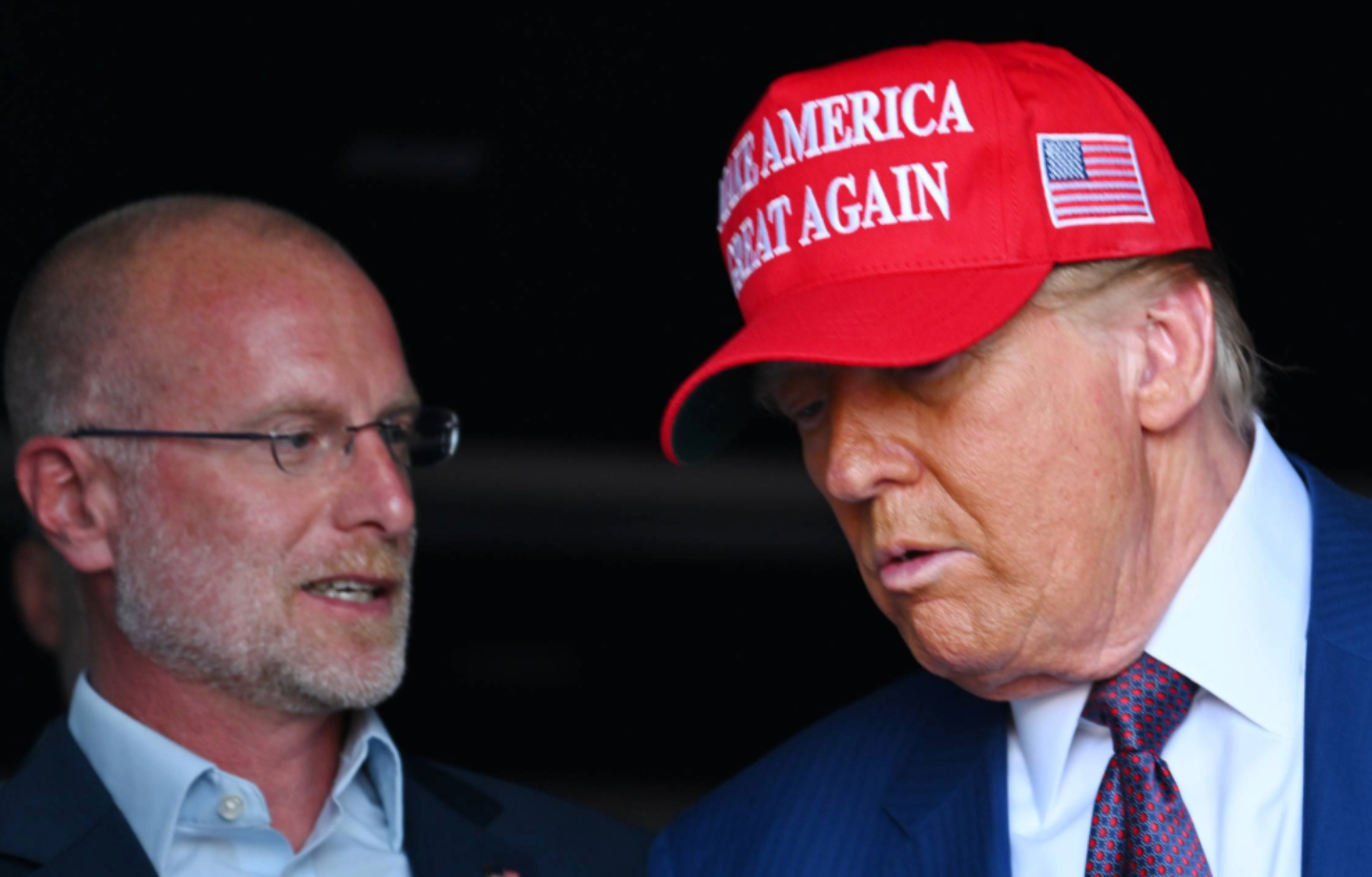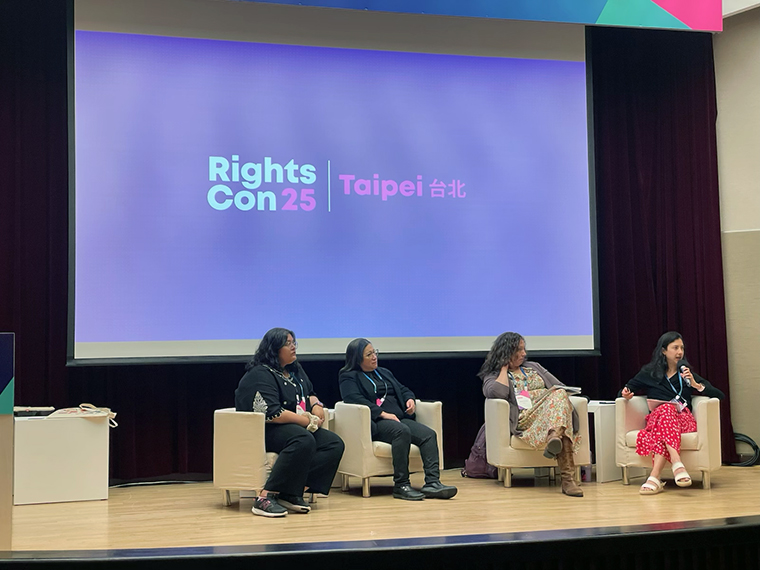French Authorities’ Detention of Telegram CEO: Long Overdue Accountability or Dangerous Precedent?

August 28, 2024
On August 24, French authorities detained the founder and CEO of Telegram, a social media and messaging site used by over 900 million people worldwide, on allegations that the platform has been facilitating criminal activities, including child sexual exploitation and drug trafficking. The unprecedented detention of a high-profile social media executive in this fashion can be viewed either as a dangerous affront to free speech or as a long overdue effort to hold a rogue tech mogul accountable for the harms his platform has facilitated worldwide.
French authorities have not released details of the charges against the Telegram CEO, Pavel Durov, so it is too soon to judge the legitimacy of the detention. But some relevant background on Telegram can help inform public debate in the meantime.
Scholars who have studied the platform have called it a “social media for organized criminals” and “a favorite app for many terrorists.” The platform served as a safe haven for ISIS recruiters from 2014 until 2019, when Telegram finally succumbed to pressure by Google and Apple to remove specific ISIS channels.
The platform was also a key venue for far-right extremist mobilization leading up to the January 6 attack on the U.S. Capitol in January 2021. Telegram hosts a network of channels and accounts that subscribe to or promote militant accelerationism, known as “Terrorgram,” as well as a global network of violent child predators known as 764. Under Durov’s leadership, the platform has long been notoriously sluggish in responding to such criminal conduct.
Telegram reportedly has about 50 full-time employees, most of them computer engineers, and apparently lacks a trust and safety department. This hands-off approach to content and behavior on the platform is part of the CEO’s ideology of die-hard free speech libertarianism, which led to his self-imposed exile from Russia in 2014 and set off his company’s unusual nomadic and distributed corporate structure, which is designed to evade government subpoenas.
On the other hand, the arrest of an online platform executive based on content that its users, rather than the platform itself, have posted is potentially a dangerous precedent. Alongside its use as a criminal safe haven, Telegram has facilitated pro-democracy protests in places like Hong Kong and Belarus. In the United States, Section 230 of the Communications Decency Act gives platforms, and their owners, immunity from civil liability for content posted by their users. France does not have a Section 230 equivalent, and the EU-wide Digital Services Act requires online platforms to take down illegal content after being given notice.
Whether French authorities can prove that Durov himself is responsible for the crimes that his platform has enabled remains to be seen. In the meantime, one thing is sure: Other platform owners are watching.
 Technology & Democracy
Technology & Democracy


